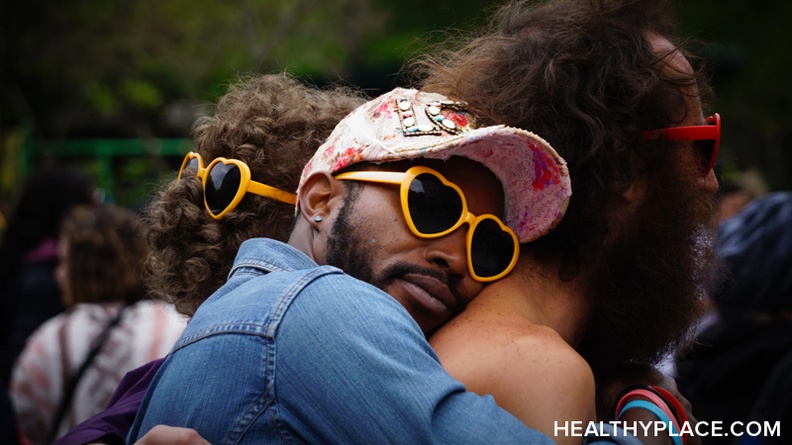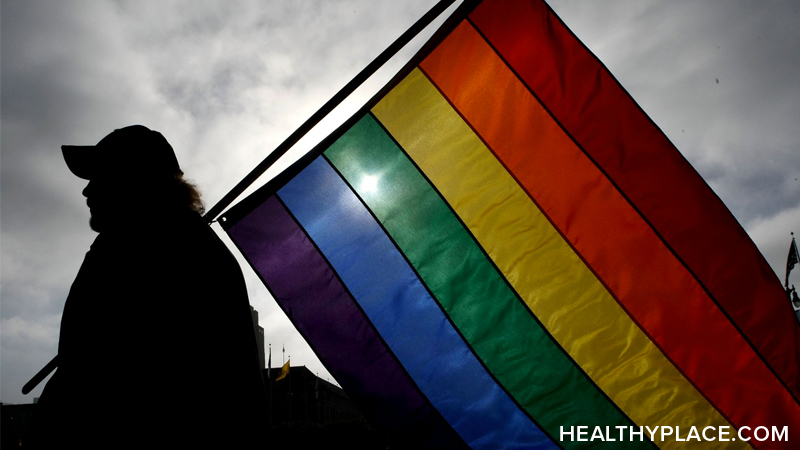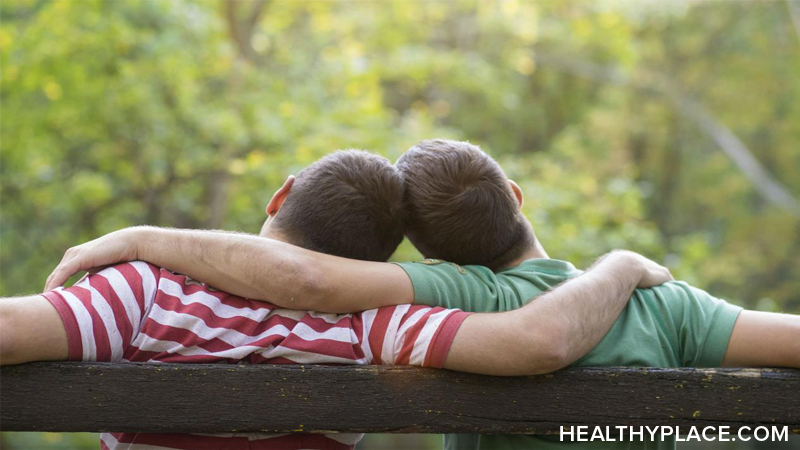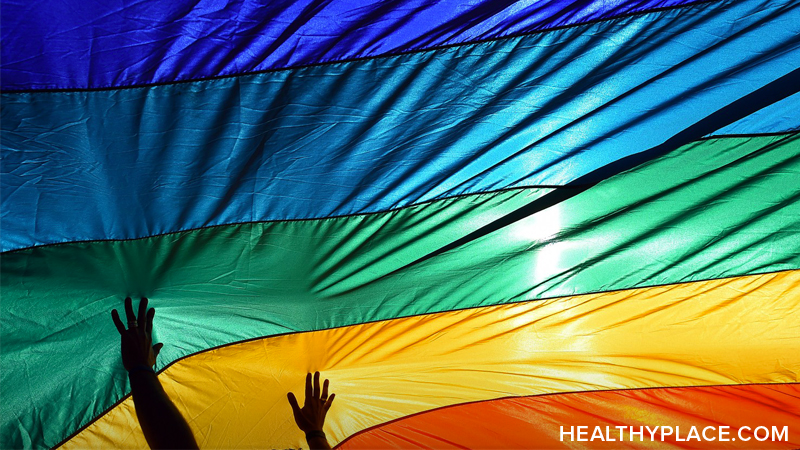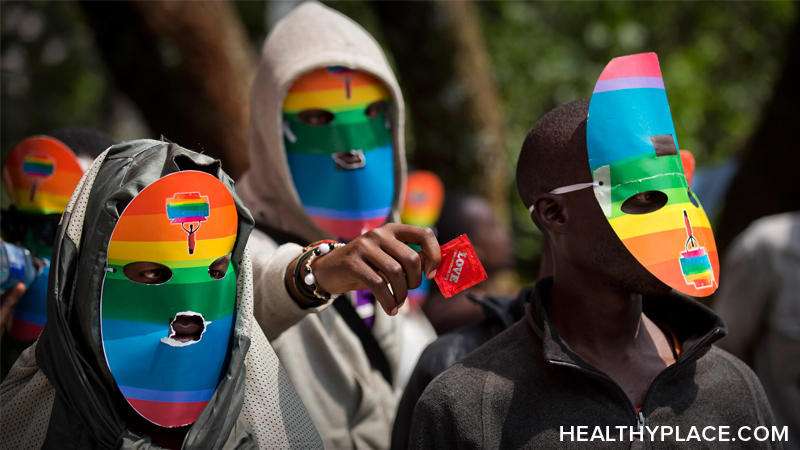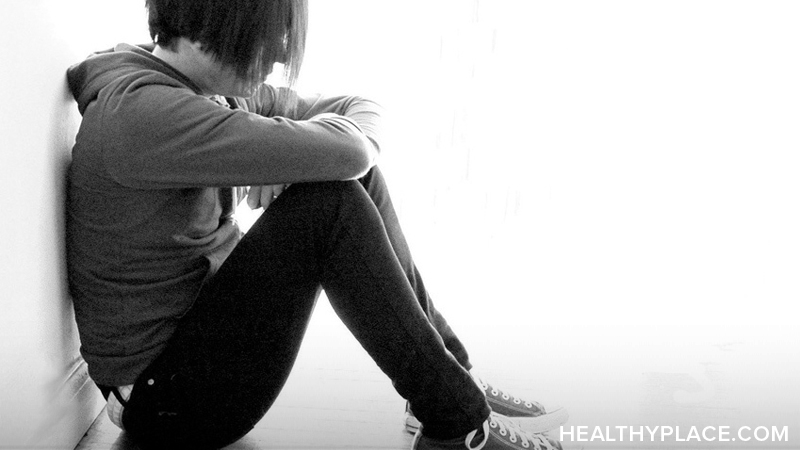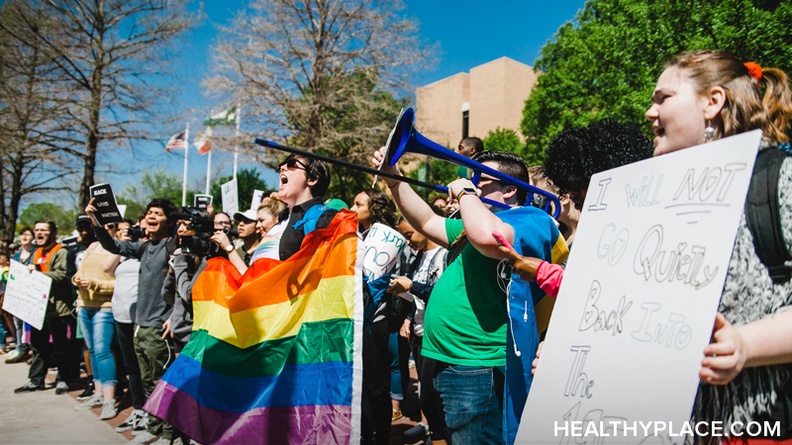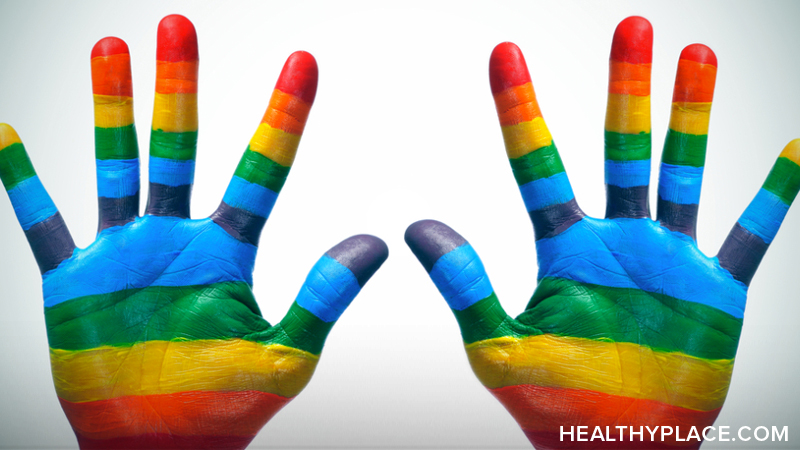
There are many things to consider before coming out to your parents. Although most parents do not react in a negative fashion, you must be prepared for the worst-case scenario. For instance, if you are living with your parents and they kick you out, there needs to be some kind of back-up plan in place after coming out to your parents. (read: When Family Rejects Their LGBTQIA+ Teen)
If you are financially dependent on your family or are planning for them to pay for college, you may want to have an idea of their reaction. If you think that coming out to your parents will jeopardize these things, you may want to seriously consider your options.
People who are gay need to be certain of themselves, having accepted their sexuality, before coming out to parents. There is no time limit or rush to tell. Coming out of the closet may be difficult at first and doing it at a later point in life may be easier. Reading this article on how to talk about being gay may also be helpful.
You also may want to consider your motives for coming out to your parents. Is it to notify them of an important part of who you are or is it to anger them? Your reasons can have far-reaching effects on your relationships. Never come out in anger, as this may overshadow your message and make things harder to accept. (read: Top 4 Ways Not To Come Out LGBTQIA+)
It may be helpful to tell another family member first; perhaps an aunt, a cousin or a sibling can be of support if one or both of your parents does not take the news well.
The Best Time to Come Out to Your Parents
When coming out to parents, consider the time in which you choose to do it:
- A large amount of uninterrupted time would be best.
- It's also best to avoid the larger holidays, as these days already carry a large amount of stress.
- Do it on a less stressful and less hectic day.
There can be many advantages in face-to-face communication, including being able to judge reactions more accurately. With this in mind, telling your parents in person is recommended above a phone call, letter, email or text message.
It might be easier for your parents if you do not bring your partner for support in coming out. Introductions can be made later, or if they already have met your partner, you can tell them his or her significance at a later date.
When Coming Out to Parents, Have a Plan
It's wise to plan out what you are going to say. You might want to tell a close friend before you tell your parents. It might also be helpful to talk to others who have gone through the process before, so you can get some insights and possibly advice on the dos and don'ts of coming out to parents.
If your parents ask if you are gay, that may be an appropriate time to speak to them. Just by asking, it may mean they are prepared for an answer. Even if you deny it in the heat of the moment, you can use the question as a springboard towards coming out to your parents at a later date.
Be Patient When Coming Out to Parents
You must be patient with your parents and aware that their acceptance is a process which can take some time. Just look at how long it took you to come out. You can't expect everyone to be comfortable with this immediately. Give them time to cope with the news their own way. Whatever methods they use for other stressful situations can be a good insight to how they handle your news.
Although you may be excited and proud of your sexuality, this may not be the case for everyone. Your parents may only see how this could negatively affect them or you, but hopefully, in time, they will come to see how your coming out positive affects you.
This revelation will have a great impact on your life and it's important to consider the possible negative consequences of coming out. While some may accept these changes, others will act differently towards you. Your parents may get angry and, in rare cases, even go so far as disowning you. You must be patient and true to yourself above all, and things can gradually change for the better.
Be Prepared to Answer Questions
Before you come out to your parents, inform yourself on questions you think they might ask. Be sure that they know that it is not something they have done wrong and the only choice that was made was regarding your personal happiness. If they are religious, you may want to familiarize yourself with readings that may bolster your stance. You may even use this as an opportunity to open a dialogue regarding your own belief system, should it be different from theirs.
Some parents may suggest therapy in order to 'cure' you of being gay. The American Psychological Association does not consider homosexuality a mental illness and views therapy to change sexual orientation against a person's will unethical.
Inform your parents that you are happy and adjusted in your life and that you have supportive friends and family. If your parents worry about possible gay stigma and discrimination issues, assure them you are capable of using good judgment in order to avoid bad situations.
Be Ready to Offer Support Sources When Coming Out to Parents
In case your parents may need to talk with someone, you may want to have a local PFLAG (Parents, Families and Friends of Lesbians and Gays) number, brochure or website on hand. If they are not accepting at first, they may change and come around.
If there are people that you would rather not know about your decision, it is important to tell your parents to be discreet; they may unknowingly tell someone that you would rather they not.
If you decide to get involved with the lesbian, gay, bisexual and transgendered community, it may be unrealistic to expect friends and family to take part right away. There is no need to take this personally; it may just take time to for them to accept the news.
Breathe! Coming Out to Your Parents is Done
Congratulations! You have done it, you have come out to your parents, so give your loved ones time and do something nice for yourself. Take a bath, meet some friends, see a movie; if you want to be around other gays and lesbians go to a gay bar, coffee house or support group. Congratulations, you did it!
article references
